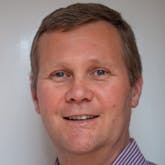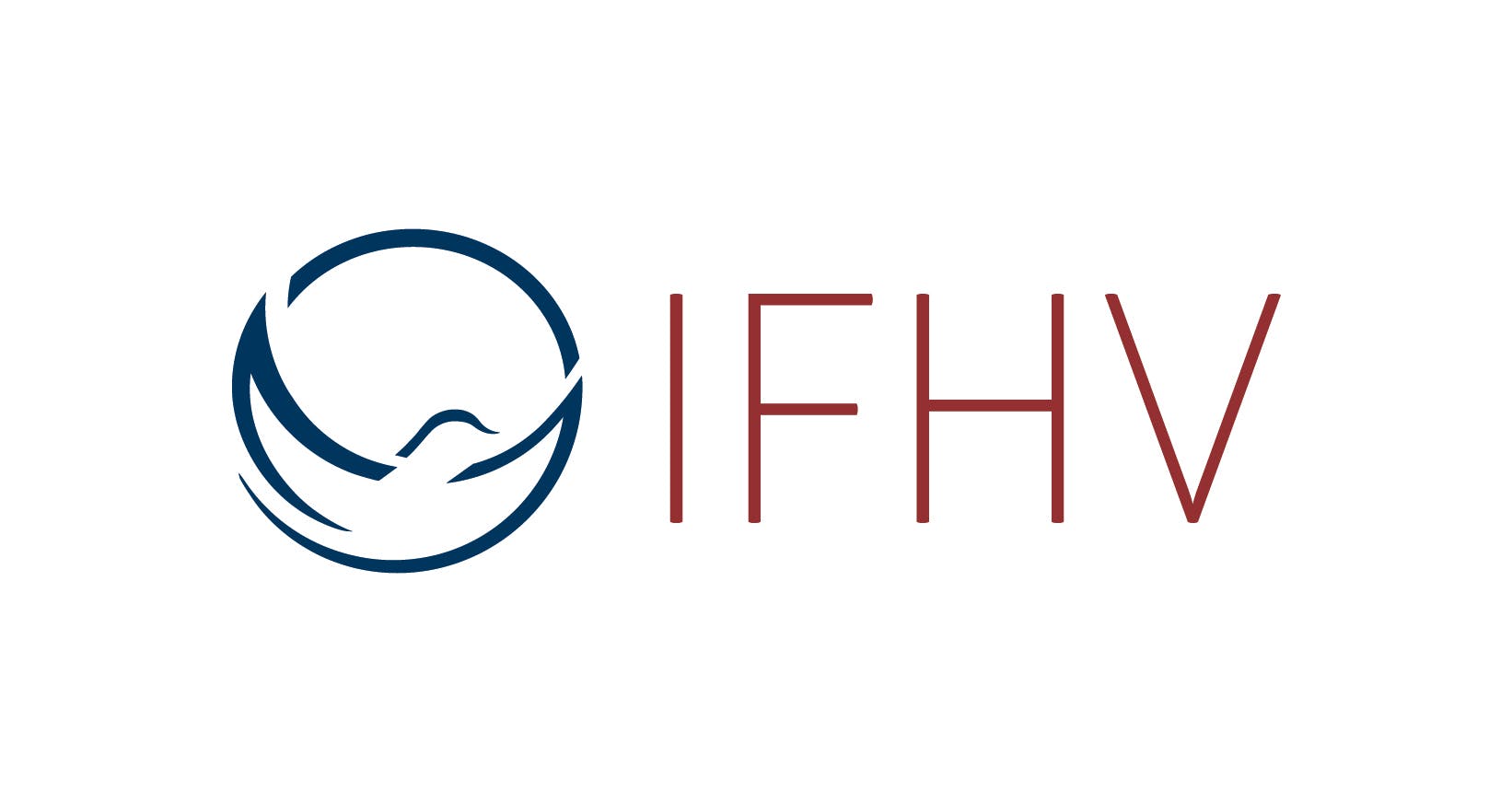Introduction to the updated Humanitarian Carbon Calculator (HCC+)
English
October 2025
Climate action begins with understanding your impact—and humanitarian organizations are no exception. In a sector increasingly committed to climate neutrality and sustainability, accurately measuring your carbon footprint is essential.
The Humanitarian Carbon Calculator Plus (HCC +) is a useful tool to allow humanitarian agencies to calculate, and thereby systematically reduce, their carbon emissions. In response to extensive feedback from NGOs, the Humanitarian Carbon Calculator was significantly enhanced and relaunched as the HCC+ in 2024. This updated version can now support the measurement of emissions from up to 200 entities and offers flexible, alternative data input methods—making it especially valuable for organizations managing large or complex datasets.
This course will introduce the basics of the HCC+ and enable you to confidently use it to track the greenhouse gas emissions from your organization. It will also guide you through the most important updates of the new version. This can be a starting point for transformation in your organisations leading towards climate neutrality. The training is a combination of interactive lectures, group work, practical activities and self-directed ‘homework’ that will help you develop the skills needed to calculate carbon emissions in your own organisation. Using real-world examples, and your own projects and examples, the course will explore the steps needed to understand and reduce carbon emissions within the operational realities of humanitarian settings.
(Members of ADH Organizations can apply for fee reimbursement. Please check within your organizations regarding the internally announced procedure.)
You will learn
To identify the main sources of greenhouse gas emissions resulting from a typical humanitarian project
To understand what Scope 1-3 Emissions are and why they are important to track
To use the Humanitarian Carbon Calculator+
To set achievable sustainability goals and climate-neutrality targets in a realistic manner
Target group
Staff of humanitarian NGOs with several years of professional experience with an interest in environment and humanitarian action.
Schedule
Day 1
Welcome and introductions
Climate change basics and the Paris Agreement
Carbon Accounting and scopes 1,2 and 3
Data for carbon accounting
Homework Assignment – Collecting Emissions Data
Andrea Dekrout
Lecturer

Andrea Dekrout is an environmentalist with 15 years of experience in development and humanitarian settings. She worked as UNHCR’s Environmental Coordinator for 5 years. During that time she provided hands-on field assistance and support to improve the environmental sustainability of UNHCR operations globally. She is currently living and working in Nairobi, Kenya with the United Nations Environment Programme.
Gavin Reynolds
Lecturer

Gavin currently works for the Freshwater Ecosystems Unit at the United Nations Environment Program. His work at UNEP involves developing community-based initiatives such as the Adopt a River for Sustainable Development partnership of UNEP and Rotary. Prior to working at UNEP Gavin was an Environmental, and Water, Sanitation and Hygiene advisor for Swedish Red Cross and the International Federation of Red Cross and Red Crescent Societies. Previously he worked with the Autonomous Bougainville Government in Papua New Guinea and Cheetah Conservation Botswana. Gavin completed his Master of Science and worked at the University of Waikato in his home country of New Zealand before being employed by New Zealand’s Department of Conservation. Having worked in the Humanitarian, Development and Environment spheres he has developed a keen interest in the intersection of human development and environmental conservation with a focus on communities and community led initiatives.
280,00€
21.10.2025 - 23.10.2025
9 hours of training
Online Event
 This training is organized by the Institute for International Law of Peace and Armed Conflict.
This training is organized by the Institute for International Law of Peace and Armed Conflict. This training is organized by Aktion Deutschland Hilft e.V.
This training is organized by Aktion Deutschland Hilft e.V.